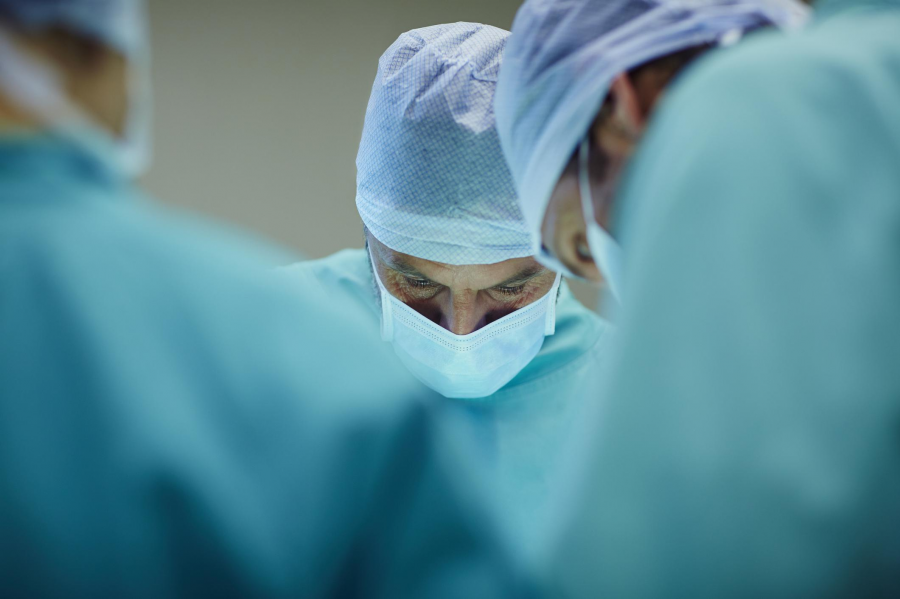<p style="text-align: justify;">Nobody wishes to go for unnecessary surgery. But on the other hand, a lot of people wish to get rid of the issue at hand that is stopping them from being more mobile and doing the things they were able to do previously. A lot of the orthopedic surgery, though complicated, can improve your quality of life. However, there are a lot of surgeries such as spinal disc decompression, and others that can be quite painful and require substantial healing periods. This is why there are certain factors that you need to consider before you go in for your orthopedic surgery.</p>
<h3 style="text-align: justify;"><strong>Try different remedies first</strong></h3>
<p style="text-align: justify;">A lot of the orthopedic surgeons do not want you to rush into surgery. Their first method of treatment for aching backs, hips, shoulders, and knees would involve some over the counter pain medication and supplements. They might even suggest some physical therapy so as to increase strength and function. If the patient is still not experiencing relief, then they might recommend steroid injections, which are great at relieving flare-ups. The surgeons would go through different treatments before finally suggesting surgeries, which can be pretty complex.</p>
<h3 style="text-align: justify;"><strong>There might not be any need of complicated diagnostics</strong></h3>
<p style="text-align: justify;">It is common for patients nowadays to arrive at the surgeon’s office for a consultation with MRI results in hand. However, a lot of orthopedic surgeons suggest that the patients rely on lower-tech diagnostic methods instead. An expensive run at the MRI might not even be necessary. An extensive physical history, careful hands-on physical examination, and a significantly cheaper X-Ray might be necessary. X-ray is often successful in providing a lot of primary information, estimating up to 95% accuracy. Health issues are easily detectable through X-rays, and MRIs are not often used as a common diagnostic tool.</p>
<h3 style="text-align: justify;"><strong>Don’t have surgery till you are ready to go for rehab</strong></h3>
<p style="text-align: justify;">If you are having an ankle scoped and are active, you might not even need physical therapy after your surgery. However, if you are having a joint replaced, then going through physical therapy is a crucial part of your healing process. It might not feel too good, but it is a part of normal healing. Physical therapy strengthens the muscles that enable normal functioning of the joint.</p>
<p style="text-align: justify;">We asked Dr. Gordon Slater what to use in bunion surgery. Dr Slater is an expert in minimally invasive foot surgery, especially considering the bunions and orthopedic trauma. His focus includes ankle surgery, arthroscopy, and sports injuries along with foot surgeries. He said the most common test was a weight bearing X-ray in bunions.</p>
<p style="text-align: justify;">Well that is a pretty simple test!</p>

Things You Need To Know Before You Go In For Orthopedic Surgery
